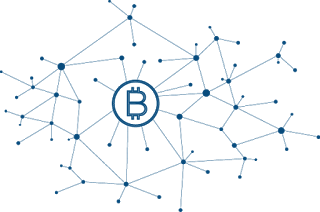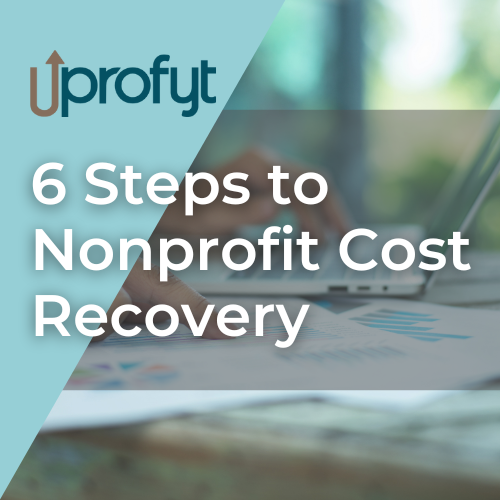
The Bitcoin Epidemic: What do associations need to know?
You can scarcely pass through an airport or surf your Facebook feed these days without hearing about Bitcoin. This digital cash, known as a cryptocurrency, reached a peak valuation in December 2017 with one Bitcoin equaling nearly $20,000 USD. It was valued at less than $1,000 USD in December 2016 and as of this writing, Bitcoin is valued at $11,750 USD. Clearly Bitcoin’s exponential growth and value creation has attracted the attention of investors and businesses alike.
Cryptocurrencies like Bitcoin are not backed by any government or financial institution, but rather by a sophisticated technology called blockchain.
But the blockchain is much bigger than just Bitcoin. The blockchain can be — in fact, is being — used to secure virtually any kind of record or transaction, not just monetary. For example, the blockchain is being used to verifiably record:
- Exchange of cargo from ship to port;
- A trade on the stock market;
- Vital records, such as a birth certificates; and
- The provenance of diamonds.
How does it work?
Blockchain is a technical concept that most admit they don’t fully comprehend. You’ll hear many phrases to describe blockchain. However, Don and Alex Tapscott, authors of Blockchain Revolution, may have said it simplest. “The blockchain is an incorruptible digital ledger of economic transactions that can be programmed to record not just financial transactions but virtually everything of value.”
Still confused? You’re in good company.
In reality, it’s not that important for executives to understand how blockchains work. After all, you probably don’t have an exhaustive understanding of the technologies that underlie the Internet, your smartphone, jet engines, vaccines, and GPS, yet you place your faith in them — even trust your life to them — on a regular basis.
Due to the trust placed in them by major corporations and institutions, blockchains are already having an impact on our world. Walmart is using blockchain to track food production and in the event of a food-borne disease outbreak they can track down the source in seconds. By stopping the outbreak and reducing the need for large scale recalls, this technology is not only cost-saving, but life-saving.
Associations are also taking a keen interest in blockchains. The American Institute of CPAs has joined forces with the Wall Street Blockchain Alliance to “define the impact of blockchain technology for the accounting profession and advance the interests of both the public and profession.” ElevatingHOME has recently convened its Corporate Advisory Forum to discuss the potential for blockchain in home based healthcare.
If these leading institutions are thinking about and working on blockchains, shouldn’t yours?
It’s difficult to overstate the practical implications of blockchains for the companies and individual members our associations serve, as well as our organizations themselves. Here are some of them:
Radical transparency
When every vote, journal entry, transaction, or expense report can be permanently and unalterably stored on a blockchain, are you and your members prepared to be called to account for them? Blockchains will usher in a new era of transparency for associations and the members they serve by drastically reducing the ability for anyone to obfuscate or destroy records. Are your members and our associations operating “above board” to the point that there’s nothing to hide?
Restored trust
From government, to the press, to law enforcement, to the courts, to the medical and legal professions, trust in virtually every institution has been deteriorating for years. When blockchains bring more transparency to our world, trust in our systems will improve, and the first institutions to embrace blockchains will be the first to reap these rewards. Does your industry or profession have a trust problem? Could blockchains help solve it?
Reducing the burden of oversight
For better or worse, the most powerful institutional purveyor of trust today is government; specifically, their role in providing regulatory oversight of industries and professions. The National Association of Manufacturers projects that the annual cost of regulatory oversight is $2 trillion USD. Your members pay for this oversight. Can your association reduce this burden by leading an effort to shift certain aspects of compliance to blockchains?
The possibilities for the future of your associations as it pertains to blockchain technology are seemingly endless and Association TRENDS will be with you every step of the way.
Join us on Tuesday, January 23rd from 2:00pm – 3:30pm as we host “Bitcoin, Blockchain, & Cryptocurrencies: What are they and how will they affect your association?”. This interactive webinar will get you up to speed on, what some have called, the “new internet” and what it means for you and your association. Register today!
__
Ben Martin, CAE is recognized as one of “Five to Watch” by ASAE’s Associations Now magazine, and a winner of the National Association of REALTORS®’ Technology Spotlight Award. He is an association executive with 18 years of experience working and consulting for associations, and the Executive Director of The Review Society, a membership organization dedicated to advancing the science and business of online customer reviews.


